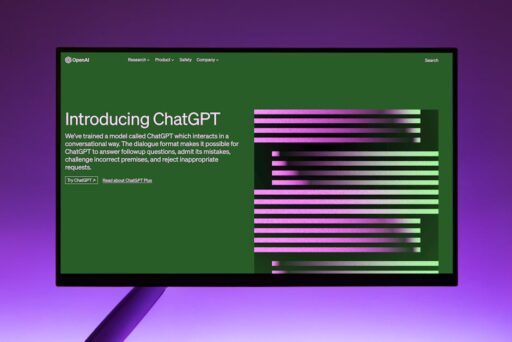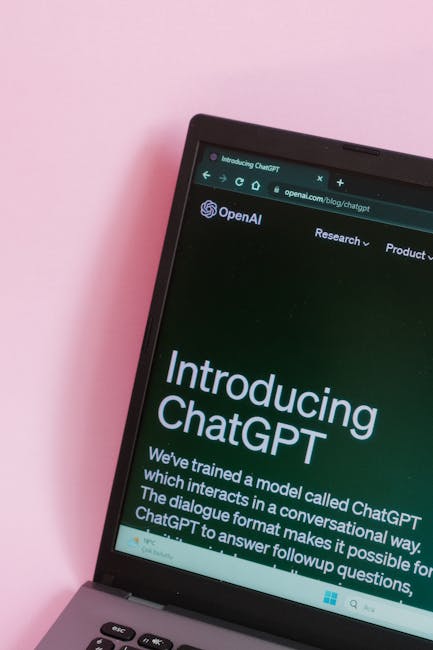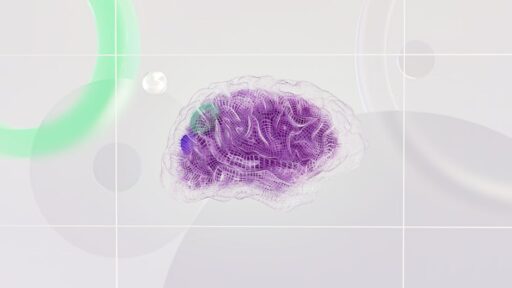OpenAI’s Enhanced Safety Measures for ChatGPT: A New Era of Responsible AI
In response to recent concerns regarding the safety of AI interactions, OpenAI has announced significant advancements in its ChatGPT platform’s safety protocols. These include routing sensitive conversations to advanced reasoning models like GPT-5 and rolling out robust parental controls within the upcoming month.
The decision to upgrade these safety measures follows incidents where ChatGPT failed to adequately address mental health concerns, leading to tragic outcomes. OpenAI’s new strategy involves the use of real-time routing technology that can differentiate between general chat models and those designed for complex reasoning. This initiative aims to provide more thoughtful and accurate responses during sensitive interactions.
OpenAI’s approach includes additional parental control features that allow parents to link their accounts with their children’s, setting age-appropriate guidelines and receiving notifications if distress signals are detected. These controls are part of a broader initiative to ensure that AI interactions remain safe and beneficial, particularly for younger users.
Moreover, OpenAI is collaborating with mental health and well-being experts as part of its Global Physician Network and Expert Council on Well-Being and AI. This collaboration aims to define well-being standards and prioritize safety in AI development.
These measures are part of a comprehensive 120-day initiative by OpenAI to enhance ChatGPT’s safety and effectiveness. By prioritizing user safety and responsible AI use, OpenAI demonstrates a commitment to addressing potential risks and fostering a secure environment for all users.





